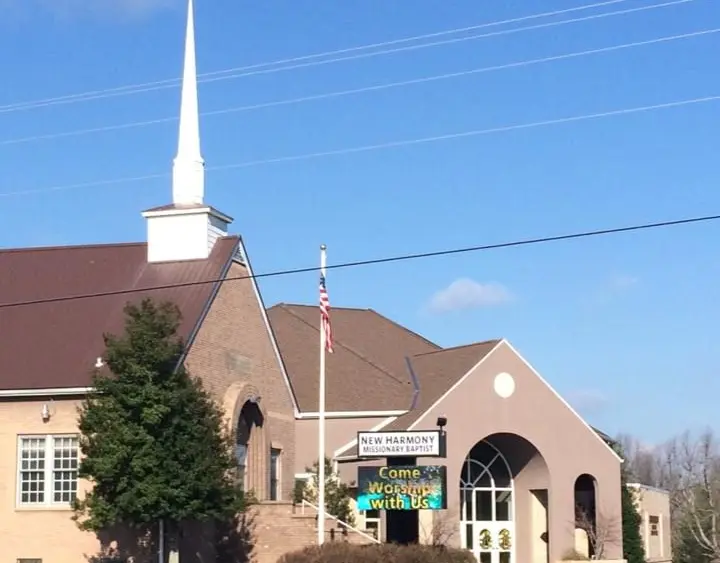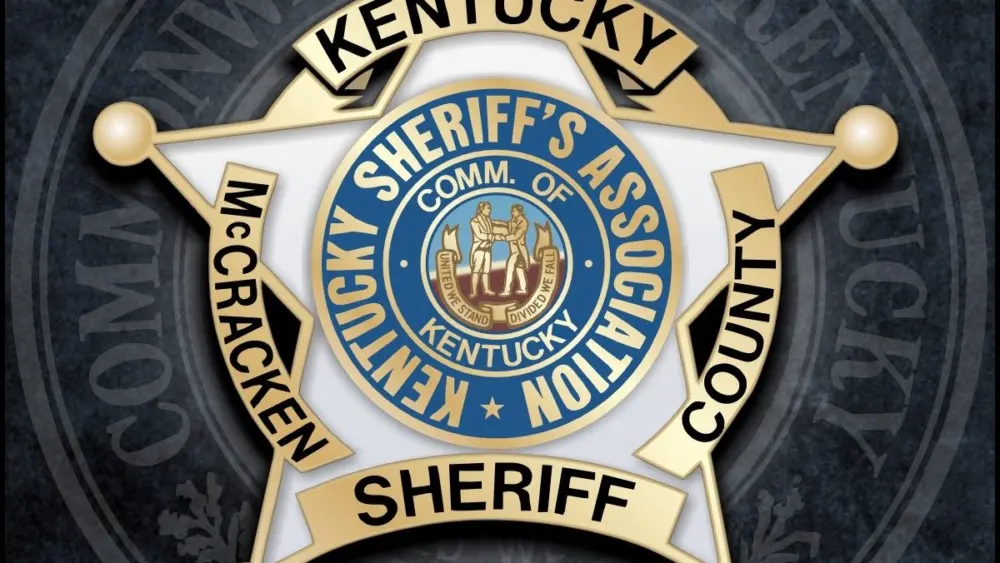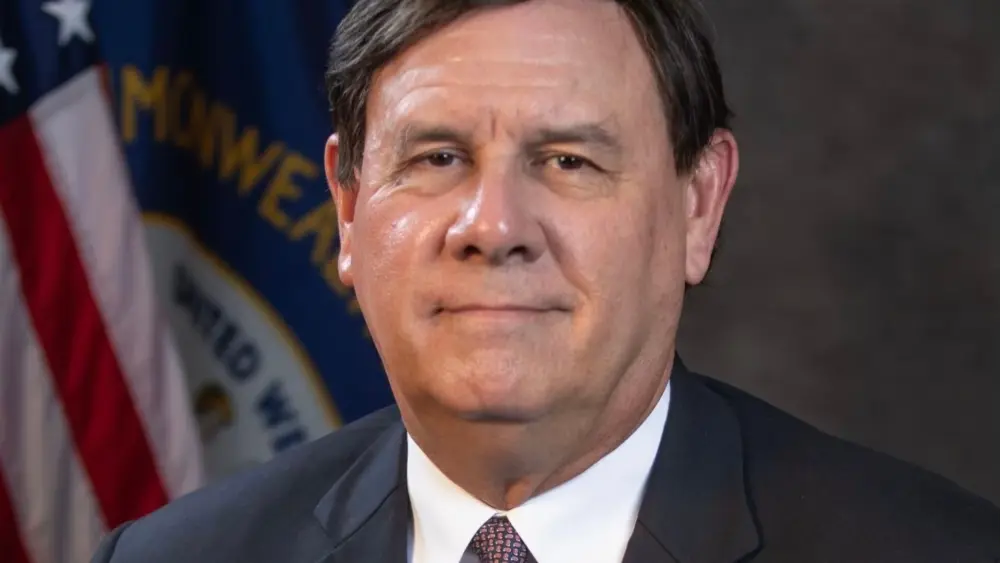While War Clouds Hover Over:
Remembering Pearl Harbor
Written by Justin D. Lamb

Japanese attack on Pearl Harbor
(Courtesy of National Archives)
“Yesterday—December 7, 1941— a date which will live in infamy, the United States was suddenly and deliberately attacked by naval and air forces of the Empire of Japan,” President Franklin Roosevelt declared to a shocked nation as he addressed a joint session of Congress. The six and a half minute speech was brief, but forever changed the course of a nation. President Roosevelt asked for and received a declaration of war against Japan and the Axis Powers. Suddenly, a peaceful nation was at war.
The casualties mounted up at Pearl Harbor as 2,402 people were killed including Marshall County native Thornton Morgan who was serving in the United States Navy. The stage was set for the might of the American military to join the British forces to stop the spread of fascism in the world. “No matter how long it may take us to overcome this premeditated invasion, the American people in their righteous might will win through to absolute victory,” President Roosevelt vowed.
As the month of December moved forward, the war took center stage on every radio program, news reel, and newspaper headline. The tragic turn of events made for a downhearted holiday season during the Christmas of 1941.
In the nation’s capital, there was some doubt by some officials on whether the tradition of lighting the national Christmas tree should go forward. But in President Roosevelt’s mind, there was no question that the ceremony would proceed.
On Christmas Eve 1941, British Prime Minister Winston Churchill in a show of strength and unity joined President Roosevelt at the White House for the lighting of national Christmas tree. Following the ceremony, Roosevelt delivered his Christmas Eve Message to the nation where he encouraged the American people, in the name of freedom, to carry on with their Christmas festivities.
“There are many men and women in America- sincere and faithful men and women—who are asking themselves this Christmas: How can we light our trees? How can we give our gifts? How can we meet and worship with love and with uplifted spirit and heart in a world at war, a world of fighting and suffering and death? How can we pause, even for a day, even for Christmas Day, in our urgent labor of arming a decent humanity against the enemies which beset it? How can we put the world aside, as men and women put the world aside in peaceful years, to rejoice in the birth of Christ?” President Roosevelt proclaimed.

President Roosevelt delivering his 1941 Christmas Eve Message. British Prime Minister Winston Churchill stands behind the President.
(Courtesy of National Archives)
“And even as we ask these questions, we know the answer.” Roosevelt continued. “There is another preparation demanded of this Nation beyond and beside the preparation of weapons and materials of war. There is demanded also of us the preparation of our hearts; the arming of our hearts. And when we make ready our hearts for the labor and the suffering and the ultimate victory which lie ahead, then we observe Christmas Day—with all of its memories and all of its meanings—as we should. Our strongest weapon in this war is that conviction of the dignity and brotherhood of man which Christmas Day signifies-more than any other day or any other symbol.” President Roosevelt concluded.
Following his speech, President Roosevelt introduced Winston Churchill who in his thick English accent echoed President Roosevelt’s words of reassurance. “Let the children have their night of fun and laughter. Let the gifts of Father Christmas delight their play. Let us grown-ups share to the full in their unstinted pleasures before we turn again to the stern task and the formidable years that lie before us, resolved that, by our sacrifice and daring, these same children shall not be robbed of their inheritance or denied their right to live in a free and decent world. And so, in God’s mercy, a Happy Christmas to you all.”
On Christmas Day, millions of listeners tuned into the Kraft Music Hall to listen to Bing Crosby sing Irvin Berlin’s newly penned song “White Christmas.” With the war on the minds of almost every American, the reflective and melancholy tune which recalled an old fashioned Christmas quickly became a hit. As the war raged on in the coming years, the song became a favorite of the homesick soldiers, and by the end of World War II, it was the bestselling song of all time. The song which was written out of national tragedy remains a holiday classic today.
 Christmas ad by Treas Lumber Company in Benton, Kentucky during the war torn Christmas of 1941.
Christmas ad by Treas Lumber Company in Benton, Kentucky during the war torn Christmas of 1941.






